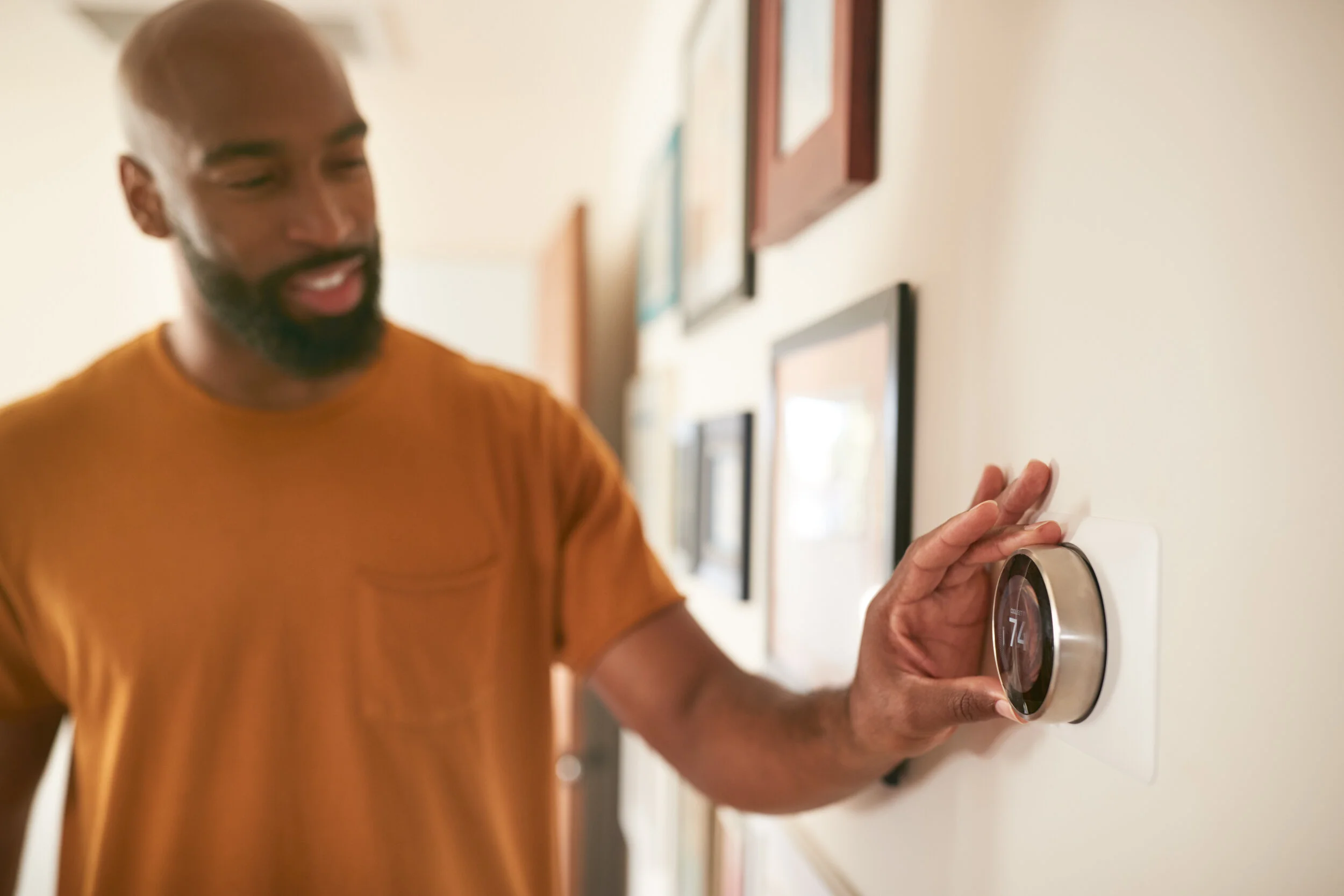Energy-efficient homes are more comfortable, durable, and provide a better return on investment
Energy codes are the only building codes that return money to homeowners by paying dividends each month. Since 1975, when national energy codes were first developed, over 30% energy savings have been achieved.
A home built to the most current energy code is based on the latest building science and results in a safer, more comfortable, and durable home that costs less to operate.
And, an energy efficient home can qualify applicants for more mortgage options and larger loan amounts. For example, the mortgage loan amount for an FHA energy efficient mortgage (EEM) can be increased by the cost of effective energy improvements. For more information on energy efficient mortgages, visit the ENERGY STAR website.
Watch this presentation for more information about the value of energy codes and how they protect consumers.
Learn more about the relationship between energy codes and comfort:
+ Improve comfort
Energy codes require sealing air leaks and controlling ventilation as well as building better exterior walls, roof, and floor that act as a cozy blanket for your home. Uncontrolled air flow can result in uncomfortable drafts and more risk of smoke spread in the case of a fire. Tightly-built and well-insulated homes with good windows help maintain livable temperatures for longer, allowing residents to stay inside during extreme weather events such as heat waves, blizzards, or wild fires.
+ Prevent rot, mold, and mildew
Moisture issues can remain hidden until the structure is unsafe or health is adversely affected. To prevent rot, mold, and mildew, the energy code dives deep into building science to apply the latest advances for controlling heat, air, and moisture transfer through the envelope of the home using proper air sealing, insulation, and construction practices. Energy codes control condensation through the envelope, which can result in risks such as ice damming.
+ Increase durability and value
In addition to saving on utility bills every month, energy codes add long-term value to a home through durability measures such as better air sealing, insulation, and windows. If a home’s envelope is not built right from the start, homeowners can be stuck with costly upgrades and higher energy bills for the life of the home.


